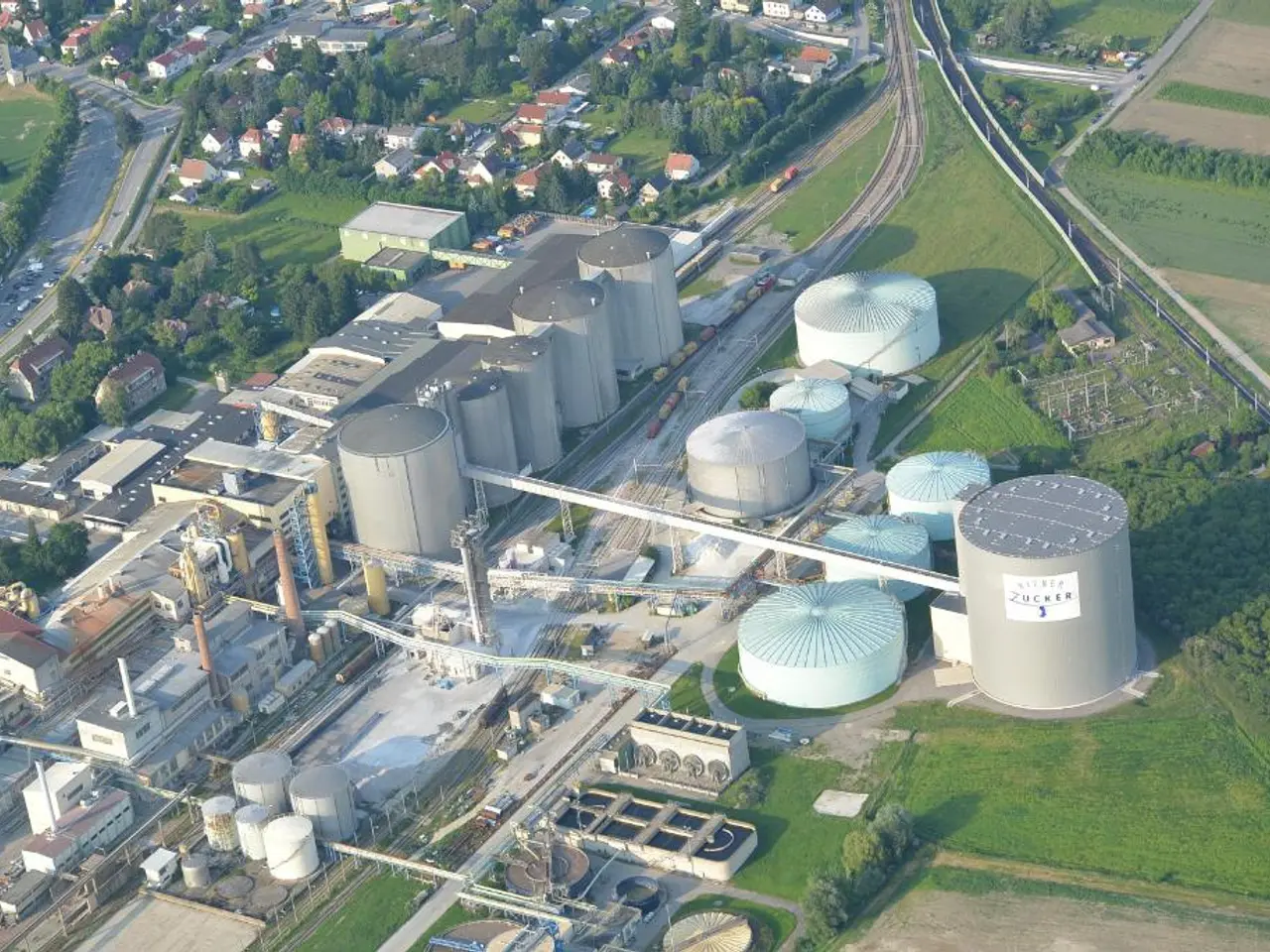Altered Proposed Route for Hwy. 413 Could Cause Delays in Project Completion
In a recent development, the Ford government has decided to drop a controversial proposal to realign Highway 413 in Caledon, Ontario. The proposal, which was initially put forth by developer Nick Cortellucci, aimed to accommodate two properties owned by him but was met with criticism and concerns about potential undue influence.
The proposed realignment would have required moving the highway up to 600 meters and potentially removing the Chinguacousy Road interchange. This change was expected to have major consequences, including falling outside the project's officially defined study area, requiring substantial rework on already completed tasks such as the Environmental Impact Assessment Report (EIAR), and causing delays of at least one year.
The proposal, detailed in a confidential government briefing presented to Premier Doug Ford, also raised concerns about its impact on other nearby infrastructure projects and potential cascading effects on regional planning and construction.
Despite these considerations, over 90% of the highway's design work was already completed, including all major structures, interchanges, and crossings. However, the government ultimately decided not to proceed with the developer-proposed realignment.
The decision not to proceed with the proposal has been welcomed by opposition leaders, who accused the government of prioritizing developer interests and giving favorable treatment to Cortellucci. Ontario NDP Leader Marit Stiles, for instance, questioned the process and consideration of the proposal, suggesting it may have been influenced by a well-connected developer.
The proposed realignment would have also impacted other road construction projects, housing developments, regional utility projects, and energy infrastructure, potentially causing delays in housing starts in the area. Three Peel utility projects, for example, would have been delayed, as would the construction to extend Highway 410 to connect with Highway 413, resulting in delays of up to two years.
The North West GTA Transmission Corridor, which is slated to run parallel to the 413 in Caledon, would also require review and possible redesign due to the proposed realignment.
The Ford government's consideration of the proposal has sparked a divide within the government over the long-term consequences and potential derailing of Ford's signature project. The opposition, led by Stiles, has accused the government of potentially wasting taxpayer money on developer favors and pet projects.
In summary, the developer-proposed alteration was a significant potential change to the Highway 413 route aimed at accommodating developer-owned lands but was ultimately rejected due to its high cost in time, resources, and potential impacts on other projects. The proposal, which would have required legislative changes to the Highway 413 act, is no longer under consideration.
- The controversial proposal to realign Highway 413 in Caledon, Ontario, which was supported by developer Nick Cortellucci, aimed to accommodate two properties owned by him and faced criticism due to potential undue influence.
- The suggested realignment would have had significant consequences, such as falling outside the project's study area, requiring substantial rework on already completed tasks like the Environmental Impact Assessment Report (EIAR), and causing at least one year's delay.
- The proposal raised concerns about its impact on other infrastructure projects and regional planning, potentially leading to delays in housing starts, road construction projects, and even energy infrastructure.
- The Ford government's decision not to proceed with the developer-proposed realignment has sparked debates in policy-and-legislation, general-news, and business circles, with opposition leaders accusing the government of prioritizing developer interests and wasting taxpayer money.




